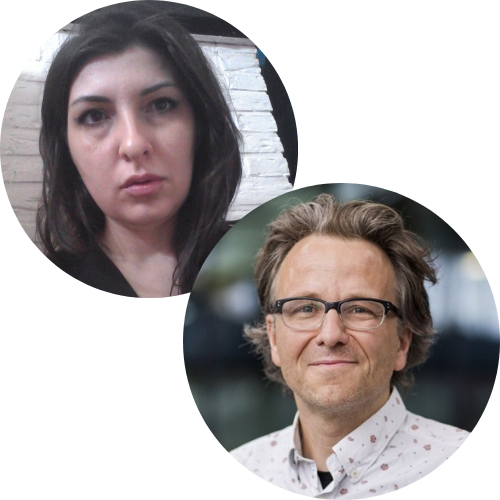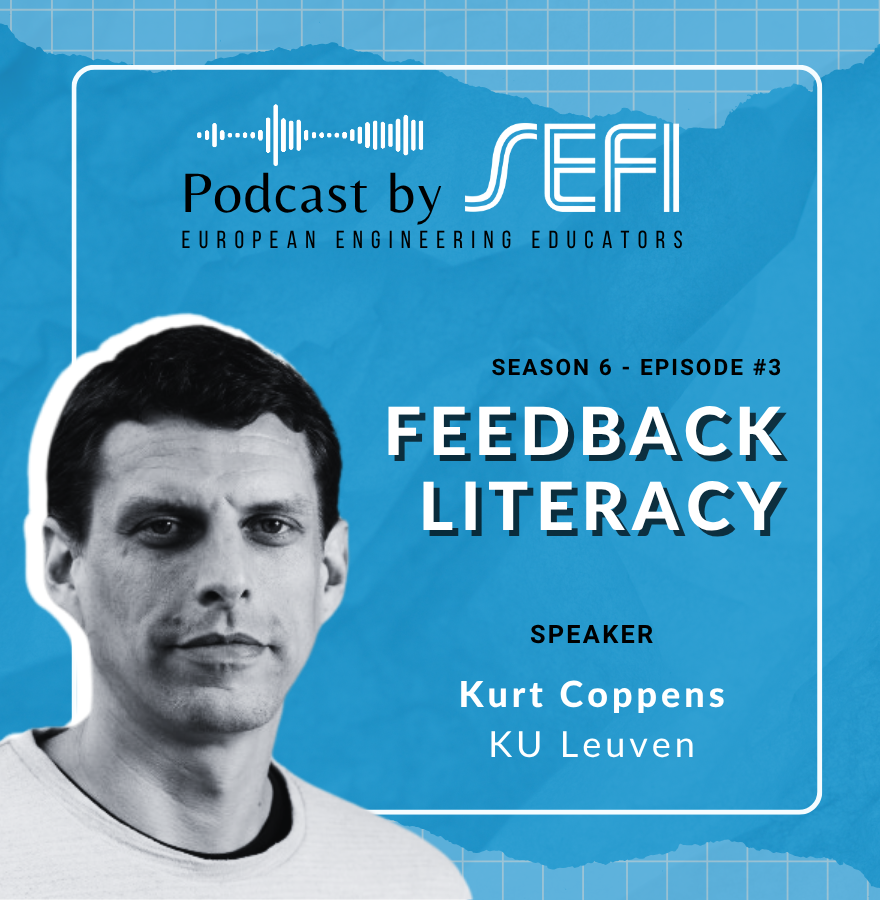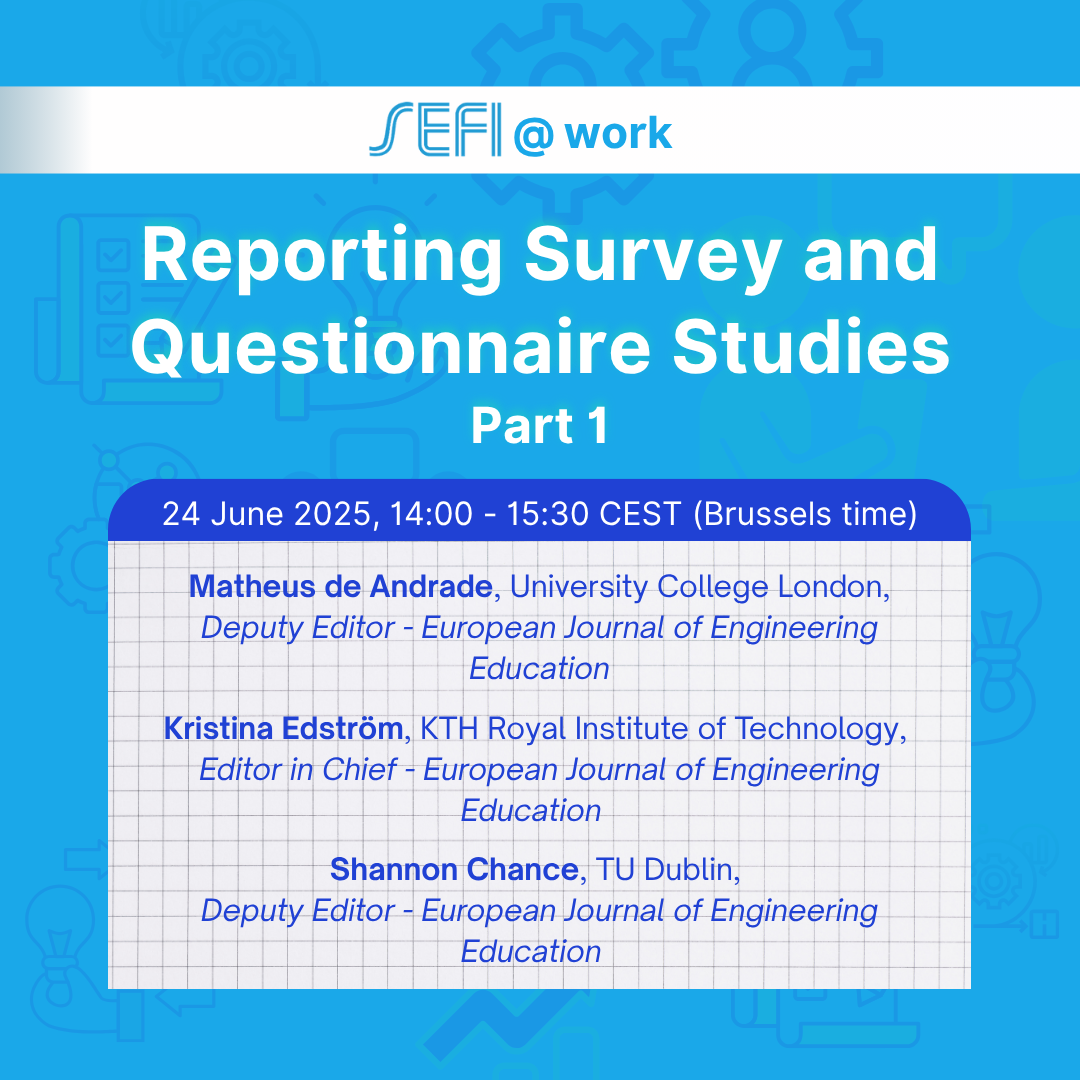Feedback is a somewhat perennial topic within higher education (HE), with increasing emphasis on students…

Although engineering has always been an international endeavor and the worldwide focus has been core in engineering, integrating global perspectives in engineering ethics education is far from obvious.
Esther Matemba states in Redefining the “dominated” power position in global engineering and in globalization studies in engineering education that the existing structure of global engineering education facilitates the reproduction of inequalities and injustices in Sub-Saharan Africa. She argues that “globalisation studies and activities push for reforms in engineering education towards outcome-based education, competence-based accreditation, and student-centred pedagogy. When the same push is experienced in Africa without taking into account the very constraints the systems face results in initiatives which fail to make significant impact.”
The answer is far from evident and one humble newsletter cannot solve that problem. However, we can mention a (non-exhaustive) list of aspects that can contribute to tackling the issues at hand.
One. Alessio Gerola pleas for More Intercultural Ethics of Technology. He describes how a recent conference on this theme could be seen as a way to further contributed to a broader canon necessary for global perspectives.
Two. The impact of intercultural ethics of technology on students should be guiding in developing engineering ethics education. Balamuralithara Balakrishnan in Broadening Western engineering ethics with religious and cultural values from different parts of the World describes his recent study indicating that Malaysian engineering undergraduates make ethical decisions in accordance with their cultural and religious values. Individuals with varying cultural and religious backgrounds make ethical judgments and approach ethical issues in unique ways. The right elaboration of global perspectives in engineering ethics education should scaffold this instead of hampering it.
Three. Global perspectives require a systemic organisation. Satya Sundar Sethy discusses in Engineering Ethics Education: An Indian Perspective an Indian systemic example including the admission criteria sytem, particular courses with particular methods and ethics, the need for an engineering council at the national level, and so forth.
Four. Educational methods should be aligned with the global perspectives. Malebogo Ngoepe, Corrinne Shaw, Kate le Roux and Brandon Collier-Reed describe in Ethics in Engineering Education. Case study of mining in South Africa a first-year level introduction to mechanical engineering course. A case study has been developed in which silicosis and tuberculosis among miners employed in South Africa’s gold mining industry is studies. This case, and the mining itself, refers to global aspect by referring to South Africa’s socio-political and economic history and reflects the varying degrees of personhood granted to different individuals, at different times.
A second example is given by Kirsten A. Davis, Siddhant S. Joshi, Lori Czerwionka, Gabriel Rios Rojas, Francisco J. Montalvo in their contribution Developing students’ understanding of context through a humanities-informed engineering course. They describe a course which objective is to prepare engineering students to apply their technical skills appropriately and successfully in a wide range of global contexts and communities. To develop these skills, students analyze engineering case studies in different global locations from a humanistic–engineering perspective. Analysis of the student learning revealed that students developed a deeper understanding of the information needed about the context of a problem to develop an effective solution.
Five. Engineering ethics research itself should reflect global perspectives and equal participation. Rana Tallal Javed and Junaid Qadir in their Ethics in Engineering Education and Practice: Assessing the State of the Art report on research that shows engineering ethics research as a mainly US oriented endeavor and aim for a more global involvement.
Thank you for starting the year with us, from any part of the world you are joining us!
Gunter Bombaerts and Diana Martin

